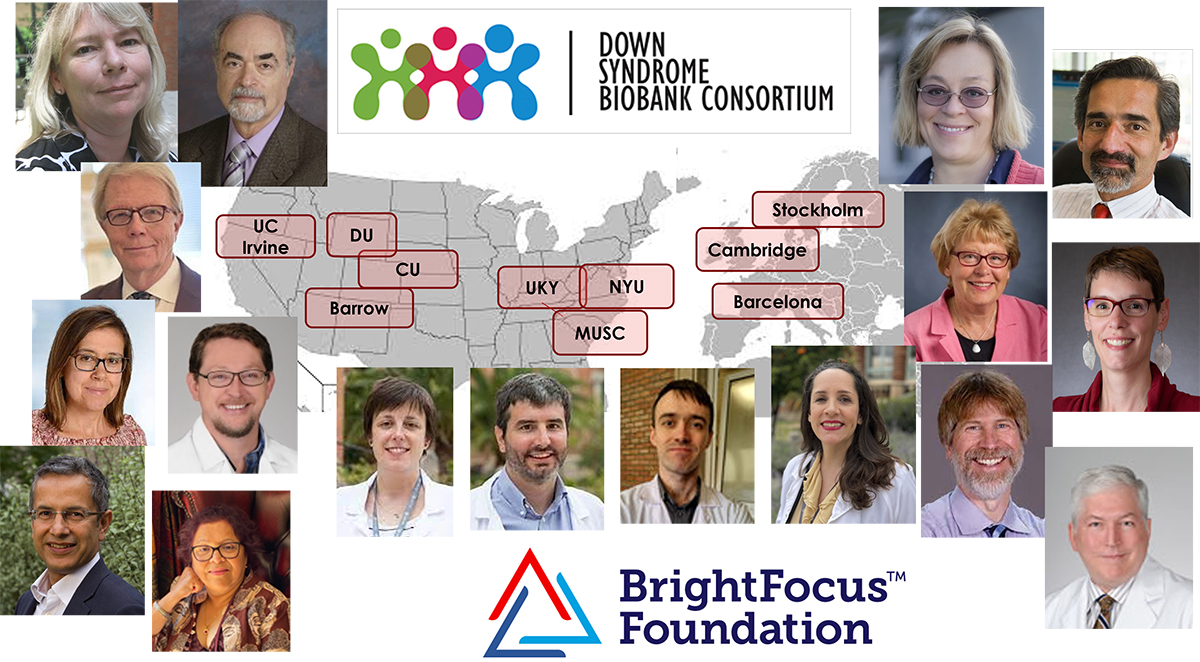Does my Religion Prevent Brain Donation
Most religions do not oppose brain donations for research.
 Down Syndrome Biobank Consortium
Down Syndrome Biobank Consortium
Brain donation to better understand Alzheimer's Disease in individuals with Down Syndrome
Individuals with Down syndrome (DS) have doubled their life span during the last 30 years, much of which is due to advances in medical care. People with DS develop Alzheimer’s disease (AD) to a much higher degree than disomic individuals, and at an earlier age due to genes overexpressed on chromosome 21. These individuals represent a unique high risk population. There are approximately 300,000 individuals with DS in the US of which up to 80% will develop AD, if they live long enough. Although there are more than 100 clinical trials for AD in the general population, only a couple of drugs have been tested in the DS-AD population with limited success, making this an unmet medical need for a vulnerable population. One reason for a lack of pharmaceutical investment in this population is the paucity of information regarding biological mechanisms, disease progression, and age of onset of DS-AD. There is a lack of blood samples and brain tissue from clinically and pathologically well-characterized individuals with DS of all ages to investigate the neurobiological mechanisms driving dementia in DS.
How Can I Learn More
To find out more about Down Syndrome brain donations, please contact your local health care clinic, hospital or brain banks.Facts about Brain Donation
For people with Down Syndrome and their families.What is Dementia?
Dementia is a brain illness that leads to memory impairment. Brain donation improves our understanding of what happens in the brain of someone with Down syndrome, while giving hope to the DS community.Why is brain tissue needed?
The human brain is complex and difficult to study in living people. Research into conditions that affect the brain has to be done in tissue donated after death. A better understanding is the first key step towards new treatmentsWhat is involved in brain donation?
An autopsy is the examination of brain tissue after death by a specialist called a pathologist and will be performed as soon as possible AFTER the person has passed. Brain donation does not leave any marks on the hairline or face.Who can donate?
Because dementia research depends on all types of brain tissue, including those with no obvious disease, anyone over the age of 18 can register to be a donor. A person’s next of kin can consent to a brain donation, if the person is unable to do this on their own.About the DS Biobank consortium
The consortium consists of nine research groups who have devoted their research to Down syndrome. By working together, we can unlock the mysteries around trisomy 21 and allow those with this condition to live healthy lives.



